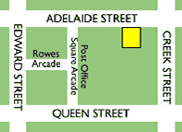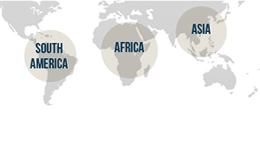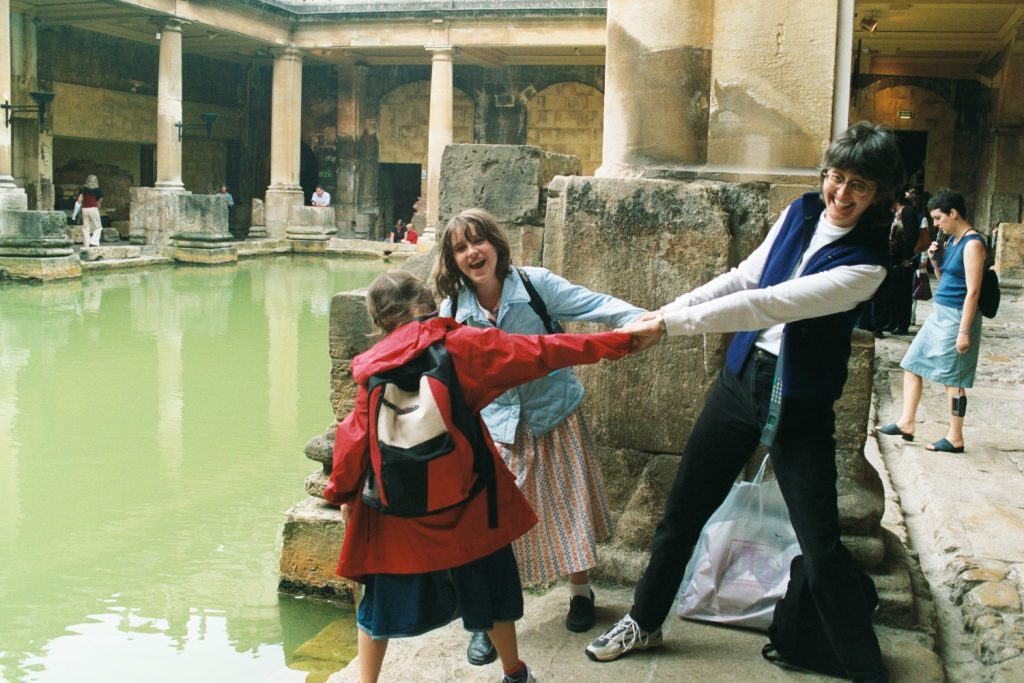Third Culture kids
November 27th, 2025
There are children who grow up with a foot in more than one country — children who collect passport stamps, iconic sites and languages the way others collect pokemon cards. They are called Third Culture Kids — children raised outside their parents’ culture, who are raised in a “third” culture of which is neither one nor the other. Their lives may be full of adventure, but also unique challenges and increased complexity compared to their stay at home peers. And like any good journey, preparation helps.
What Is a Third Culture Kid?
A Third Culture Kid (TCK) usually:
-
Has parents from Country A,
-
Spends formative years in Country B,
-
And finally develops a sense of identity from a blend of both worlds – the ‘third’ culture.
They are the four-year-old who says “Bonjour!” to the dog.
The seven-year-old who switches languages depending on who enters the room.
The teenager who answers, “Where are you from?” with a very long pause.
TCKs are adaptable, curious, and brave — but they face their own challenges, especially when parents are learning to navigate unfamiliar systems at the same time.
The Benefits — Because There Are Many
Living overseas can give children things that cannot be taught in a classroom:
Cultural Competence
Exposure to multiple languages, customs and ways of thinking increases empathy. TCKs learn early that there are many correct ways to do the same thing.
Cognitive Flexibility
They are excellent problem-solvers. Moving countries teaches adaptability and confidence — skills that are notoriously hard to teach later.
Resilience
New schools, new food, new climate, new friends… children who overcome these hurdles discover that unfamiliar is not the same as unsafe.
Global Connection
Their friends may be scattered across continents — and in a world that thrives on international cooperation, this is a superpower. Moving abroad can be one of the greatest gifts a parent offers — expanding a child’s future possibilities exponentially.
But before we pack the bags and declare it “character building,” we must acknowledge the challenges and potential downside.
The Challenges — that can be prepared for
Identity Confusion
When everyone asks, “Where are you from?” and the correct answer is “It depends…”. Children can feel like they belong everywhere — and nowhere.
Frequent Goodbyes
Some TCKs say more farewells before 10 years old than many adults do in a lifetime.
Education Systems — A Rubik’s Cube for Parents
School curriculum and requirements rarely align neatly country to country. A smooth transition often requires careful planning (and the patience of a saint).
Mental Health Considerations
Isolation is possible even in a busy international city. Parents must keep a close eye on stress, sleep, anxiety — and screen time. Helping kids put words on emotions is especially important in small children.
Health Risks
Different countries have different vaccinations schedules, infectious disease risks, antibiotic resistant germs, food and water safety issues. Children may need multiple vaccines to protect them before they go. Check here for tips on preparing for vaccinations, and increased health risks in children compared to adults.
As always good health planning is essential
Practical Tips
Schooling and Language
- Keep records and reports of previous learning to ensure it is recognised
-
Maintain the home language — children lose language fluency if they don’t have contant access to it.
-
Find schools with counsellors familiar with expat transitions
Help Them Hold Onto Their Roots
Cultural rituals — favourite meals, stories from home, celebrating familiar holidays — all provide continuity, especially if they come back to Australia for high school. Small things matter: Violet Crumble bars and Vegemite in Indonesia, Australia Day in Vietnam, Grandma reading bedtime stories via video call or recordings.
Help them build Friendships Early
Enrol them in local sports, music programs, scouts or girl guides. Connection is protective medicine.
Help them learn How to Be New
TCKs are the “new kid.” more often than usual. Make it a skill. Role-play introductions. Build scripts they can rely on.
Help them process the move. The downloadable kids activity book The Travelling Well Fun Book is designed to help raise some of the issues of moving to another country, and helps you raise issues like rabies – especially important for Australian children.
Safety & Health Essentials
Travel is wonderful… illness, less so. Think about
-
Ensure routine childhood vaccines are up to date
-
Check insurance cover
-
Learn where the nearest reputable medical facility is, hours of opening, how to get there at different times of day.
-
Carry copies of medical and vaccination records, glasses prescription
- Check any workers that your children will be exposed to are well (eg screened for TB)
-
Pack a well stocked medical kit including thermometer
Don’t Forget the Parents
Expats often work harder than they realise — without family backup. Make adult friends too. Sleep. Take breaks. Your wellbeing directly affects theirs.
Culture Shock — It Happens to Children Too
(Excerpt Dir ect From Travelling Well)
ect From Travelling Well)
Three stages of adaptation to a new culture
Note that different members of a family may go through the stages at different times. You may adapt to different aspects of the culture at different rates. For example, adjusting to the local food usually happens faster than adjusting to the local sense of humour. (Experienced travellers say different humour is one of the hardest things to get used to.)
Stage 1. Excitement
Initially, there is great excitement at being away, out of the rut, seeing the world, meeting new people.
Stage 2. Disappointment
Once the initial excitement of being away from home has settled, it is not unusual to feel lonely. You may also feel disappointed that the experience is not as good as you expected. Other commonly described symptoms are feeling anxious, depressed, tired, lacking in enthusiasm, bored, sleepy, homesick, or emotionally on the edge. You may get cravings for so-called normal food or normal behaviour. Culture Shock may cause unexplained crying. You and the kids may decide you want to go home, and daydream about arriving home, explaining your behaviour to your friends and so on. This is all normal.
Culture Shock can even make you sick. Stress can weaken your immune system and increase your susceptibility to diseases such as diarrhoea, colds or the flu. Severe Culture Shock can make expatriates pack their bags and head home.
Stage 3. Adjustment
During this stage, the excess of novelty is under control. You can enjoy the new challenges and the new culture. There is excitement of a different sort. People regain their feeling of control once they learn how everything works. Sometimes, feelings of sadness at the suffering of the locals can inspire visitors to do amazing work to help the locals.
There are things you can do to help speed the transition from excitement in stage one to adjustment in stage three. Incidentally, if you are returning home after a long time overseas, it can take some time for everyone to readjust to home; this is known as Reverse Culture Shock. For some people repatriation, funnily enough, may be the hardest part.
Checkout Travelling Well for tips on how to adjust
A Final Word of Encouragement
If you are taking young children overseas — good on you. Truly.
Yes, there will be complicated paperwork, meltdowns in multiple languages, and at least one eye-watering school fee invoice.
But there will also be:
-
New friendships forged around the world
-
Skills gained without textbooks
-
A child who is likely to be more open minded, sees difference as interesting — not frightening, and has more cross-cultural understanding … and given the world today …what a gift that is.
- Great experiences as a family and memories that will last a lifetime





